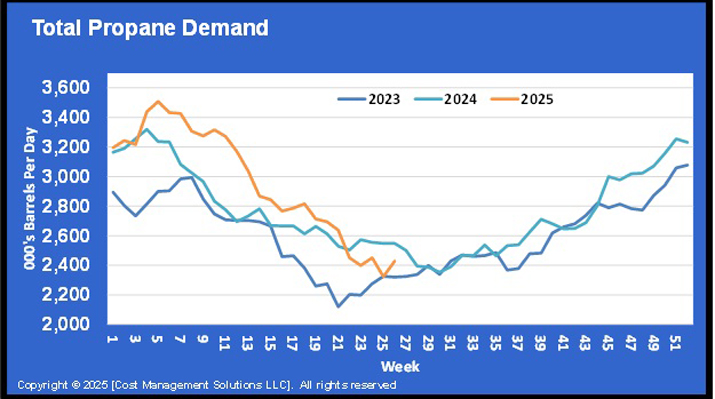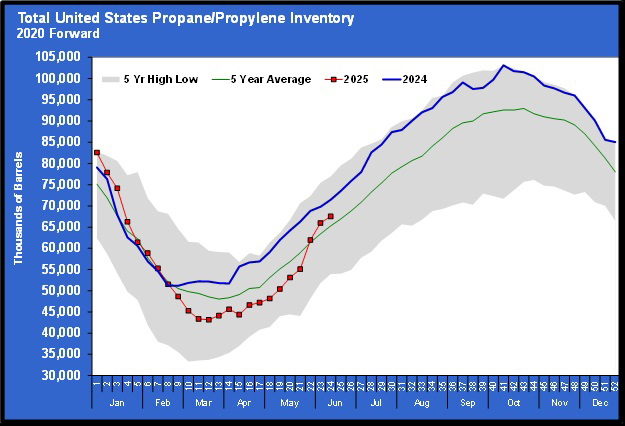What the candidates said about energy in last night’s debate
Jobs. Taxes. The economy. Health care.
Those were the topics on the agenda for the first of three presidential debates Oct. 3 between President Barack Obama and former Massachusetts Gov. Mitt Romney. So although energy policy wasn’t formally on the agenda, the candidates weaved the topic into the debate as they discussed ways to create jobs.
As usual, propane was not mentioned specifically at any point during the 90-minute debate, albeit as a means to create jobs or to further U.S. energy independence. While Obama highlighted a desire to invest further in green energies like wind, solar and biofuels, Romney stressed his administration would invest in crude oil drilling off Alaska’s coast and develop the Keystone XL oil pipeline that would stretch from Canada to Texas. The Obama administration blocked approval of the Keystone pipeline in 2011.
Romney also brought up coal as a domestic energy source that needs the federal government’s support.
“I’m going to make sure we can continue to burn clean coal,” said Romney, who at one point laid out his five-point plan that includes making North America energy independent and creating about 4 million jobs in the energy sector. “People in the coal industry feel like it’s getting crushed by your (Obama) policies. I want to get America and North America energy independent so we can create those jobs.”
Before Romney brought up coal, Obama stressed the need to boost American energy production, and that oil and natural gas production are higher than they’ve been in years. Romney countered that statement by arguing the increase in production had nothing to do with the federal government.
“Mr. President, all of the increase in natural gas and oil has happened on private land, not on government land,” Romney said. “On government land, your administration has cut the number of permits and licenses in half. If I’m president, I’ll double them.”
Wind, solar and biofuels were also a point of contention for Romney.
“And in one year, you (Obama) provided $90 billion in breaks to the green energy world,” Romney said. “Now, I like green energy as well, but that’s about 50 years’ worth of what oil and gas receives.
“You put $90 billion, like 50 years’ worth of breaks, into solar and wind, to Solyndra and Fisker and Tester and Ener1,” Romney continued. “I mean, I had a friend who said you don’t just pick the winners and losers, you pick the losers, all right? So this – this is not – this is not the kind of policy you want to have if you want to get America energy secure.”
Energy also entered the debate as Obama laid out the fundamental differences between himself and Romney in approaching a balanced federal budget. While Romney said he would approach balancing the budget by getting more people working and creating more high-paying jobs that would result in more people paying taxes, Obama talked about a balanced approach that involves further taxing corporations like oil companies.
“I’ve identified areas where we can, right away, make a change that I believe would actually help the economy,” Obama said. “The oil industry gets $4 billion a year in corporate welfare. Basically, they get deductions that those small businesses that Gov. Romney refers to, they don’t get.
“Now, does anybody think that ExxonMobil needs some extra money, when they’re making money every time you go to the pump?” Obama continued. “Why wouldn’t we want to eliminate that? Why wouldn’t we eliminate tax breaks for corporate jets? My attitude is, if you got a corporate jet, you can probably afford to pay full freight, not get a special break for it.”
One energy source neither candidate dwelled on much was natural gas. Natural gas was only referenced throughout the entire debate twice, in fact – once when Obama discussed boosting America’s energy production through oil, natural gas and green energies, and again when Romney said that the increase in natural gas and oil production that’s taken place occurred on private land – not government land.
Obama and Romney will square off in their second debate Tuesday, Oct. 16 in a town hall forum. Vice President Joe Biden and Romney’s running mate, Rep. Paul Ryan, R-Wis., will meet five days earlier in the only vice presidential debate of the campaign. – Kevin Yanik, Managing Editor
















